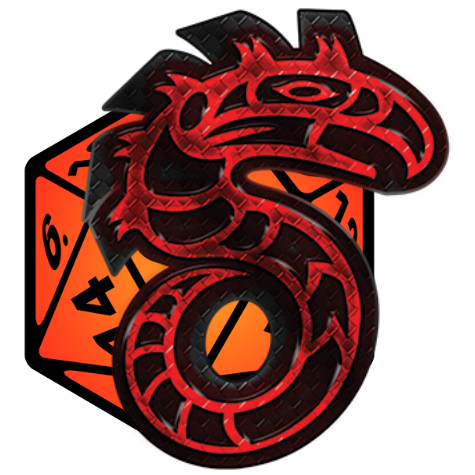Mr. Johnson (talk | contribs) No edit summary |
Mr. Johnson (talk | contribs) No edit summary |
||
| Line 4: | Line 4: | ||
The combat tracker helps keep track of the initiative of all combat participants. See Foundry's [https://foundryvtt.com/article/combat/ Combat Encounter] article for the basic functionality of the Combat Tracker. | The combat tracker helps keep track of the initiative of all combat participants. See Foundry's [https://foundryvtt.com/article/combat/ Combat Encounter] article for the basic functionality of the Combat Tracker. | ||
The game system properly handles SR5's pass-based Combat Turn Sequence{{src|sr5| | The game system properly handles SR5's pass-based Combat Turn Sequence{{src|sr5|ref=158}}, reducing each participant's initiative by ten at the end of a Pass and starting a new round when all combatants run out of Action Phases. | ||
A few things to note: | A few things to note: | ||
Revision as of 23:01, 19 November 2023
The SR5 system helps simplify and speed up combat encounters with Foundry's combat tracker and SR5-specific combat workflows. This article covers the automation of some of the most common combat actions. For things not addressed by the automation, there are also mechanisms for more ad hoc Testing and Rolls and Action Items.
Combat Tracker
The combat tracker helps keep track of the initiative of all combat participants. See Foundry's Combat Encounter article for the basic functionality of the Combat Tracker.
The game system properly handles SR5's pass-based Combat Turn SequenceTemplate:Src, reducing each participant's initiative by ten at the end of a Pass and starting a new round when all combatants run out of Action Phases.
A few things to note:
- If you right click an entry in the combat tracker, you can manually set the initiative value
- The initiative is calculated based on the characters stats and the selected perception in the char sheet (meatspace, astral, matrix..)
- GM initiative rolls will either affect only NPCs or all actors (depends on the system setting for it)
- Should an actor enter combat or reroll initiative after the first initiative pass their resulting score will be reduced
- If you select full defense or a similiar option, the initiative is automatically reduced
- Wound penalties will only be applied at the beginning of the next combat round. You have to manually adjust initiative for the current combat round (see above)
Combat Workflow
Weapon Attacks
The weapon firing flow helps you with attacking, dodging and soaking. Here is how you use it:
- First make sure that the characters are correctly set up with weapons, ammo / mods and of course armor (see the [[character sheet|Character-sheet] section for details).
- Next select the target token that you want to hit (by right clicking on it on the scene).
- Now click on the icon next to the weapon to start the test.
- The system will prompt you for your firing mode and then will roll your attack role. Distance, recoil and other mods from your weapon are automatically applied. A chat card will appear in the chat window showing you the result of the attack.
- The attacked player can now click on the 'Defense' button in the card to roll his defense roll. Firing modes, wounds etc. are automatically applied.
- Afterwards the attacked player can immediately roll his soak test. Armor piercing from the weapon / ammo automatically reduces his armor value. The result of the soak roll is posted to the chat.
- If you want to apply the damage, click on the damage value in the chat card and apply the damage to the character.
Combat Spells
The combat casting flows helps you with spellcasting, resisting drain, defending against spells and soaking. Here is how you use it:
- Make sure that you have set up your spell correctly. For example if you want to cast a fire ball, it is important that the spell is configured to 'combat'/ 'indirect' and the opposed test is set to 'defense'. The system will then determine that this is a combat spell and determine the armor piercing value automatically from the force of the spell.
- Select a target (see above)
- Click on the icon next to the spell name and select the force of the spell. The results will be posted in the chat.
- After casting the spell, the drain resist is automatically shown. Results will be again posted to the chat. If you want to apply the drain damage, click on the damage value in the chat card. The system automatically calculates the type of damage (stun or phyiscal) based on the force of the spell.
- Similiar to firing a weapon, you can now roll defense and soak and then apply damage.
Tips and Tricks
- If you are using a weapon or spell with a splash radius, a target symbol will appear in the chat card. Clicking on it will bring up a circle template on the canvas to see who is affected by the spell.
